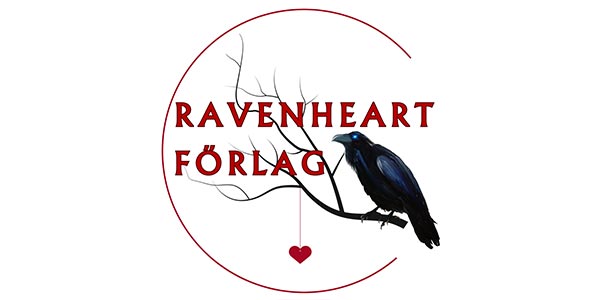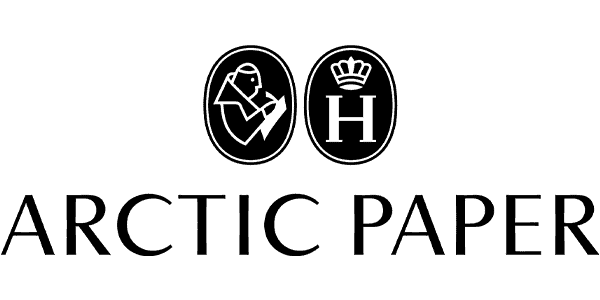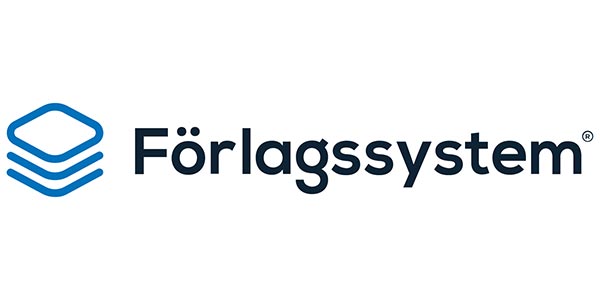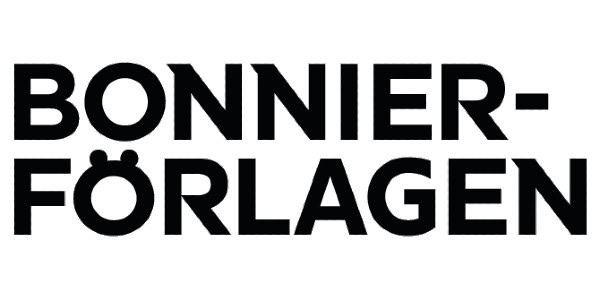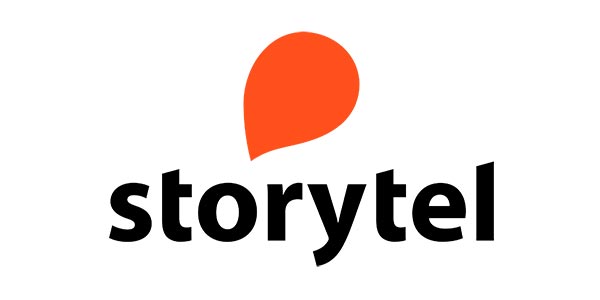
AI 2041

| Författare | |
|---|---|
| Förlag | Random House UK |
| Format | |
| Språk | Engelska |
| Antal sidor | 480 |
| Vikt | 330 gr |
| Utgiven | 2024-03-07 |
| ISBN | 9780753559024 |
A WALL STREET JOURNAL, WASHINGTON POST, AND FINANCIAL TIMES BEST BOOK OF THE YEAR
In this ground-breaking blend of imaginative storytelling and scientific forecasting, a pioneering AI expert and a leading writer of speculative fiction join forces to answer an imperative question: How will artificial intelligence change our world within twenty years?
AI will be the defining development of the twenty-first century. Within two decades, aspects of daily human life will be unrecognizable. AI will generate unprecedented wealth, revolutionize medicine and education through human-machine symbiosis, and create brand new forms of communication and entertainment. In liberating us from routine work, however, AI will also challenge the organizing principles of our economic and social order. Meanwhile, AI will bring new risks in the form of autonomous weapons and smart technology that inherits human bias. AI is at a tipping point, and people need to wake up-both to AI's radiant pathways and its existential perils for life as we know it.
In this provocative, utterly original work of "scientific fiction," Kai-Fu Lee, the former president of Google China and bestselling author of AI Superpowers, joins forces with celebrated novelist Chen Qiufan to imagine our world in 2041 and how it will be shaped by AI. In ten gripping short stories, set twenty years in the future, they introduce readers to an array of eye-opening 2041 settings:
In San Francisco, a new industry, "job reallocation," arises to serve displaced workers
In Tokyo, a music fan is swept up in an immersive form of celebrity worship
In Mumbai, a teenage girl rebels when AI gets in the way of romance
In Seoul, virtual teachers offer orphaned twins new ways to learn and connect
In Munich, a rogue quantum computer scientist's revenge plot imperils the world
By gazing toward a not-so-distant horizon, AI 2041 offers urgent insights into our collective future-while reminding readers that, ultimately, humankind remains the author of its destiny.

